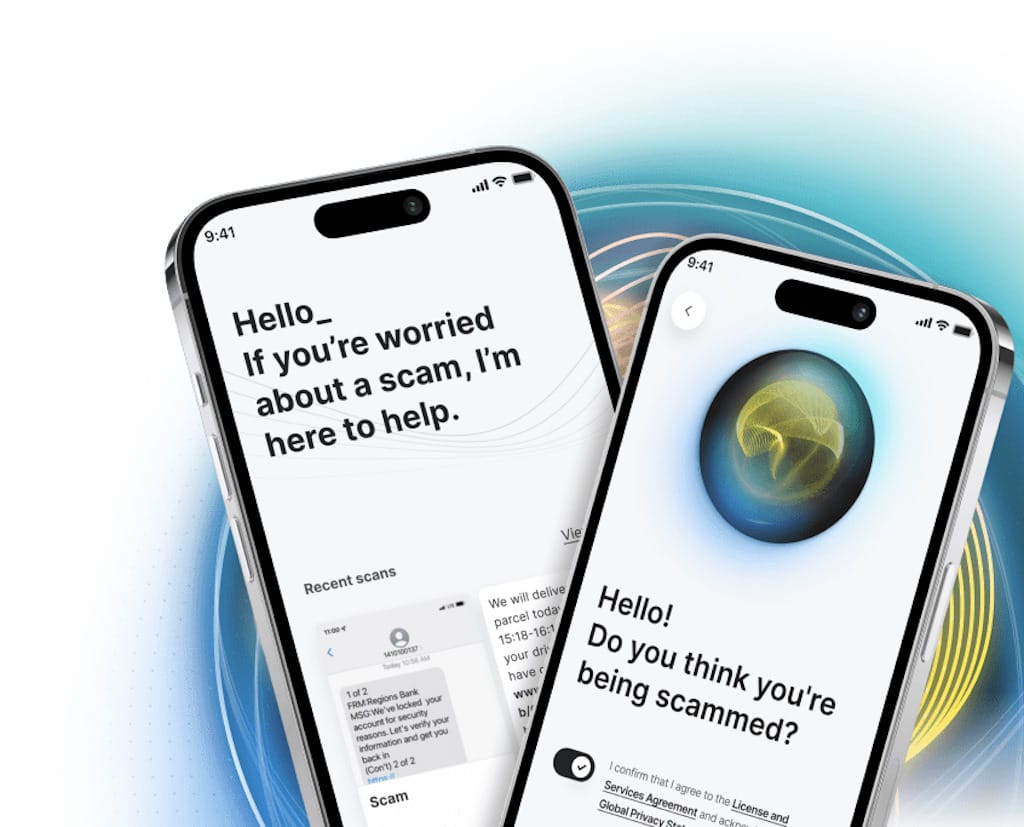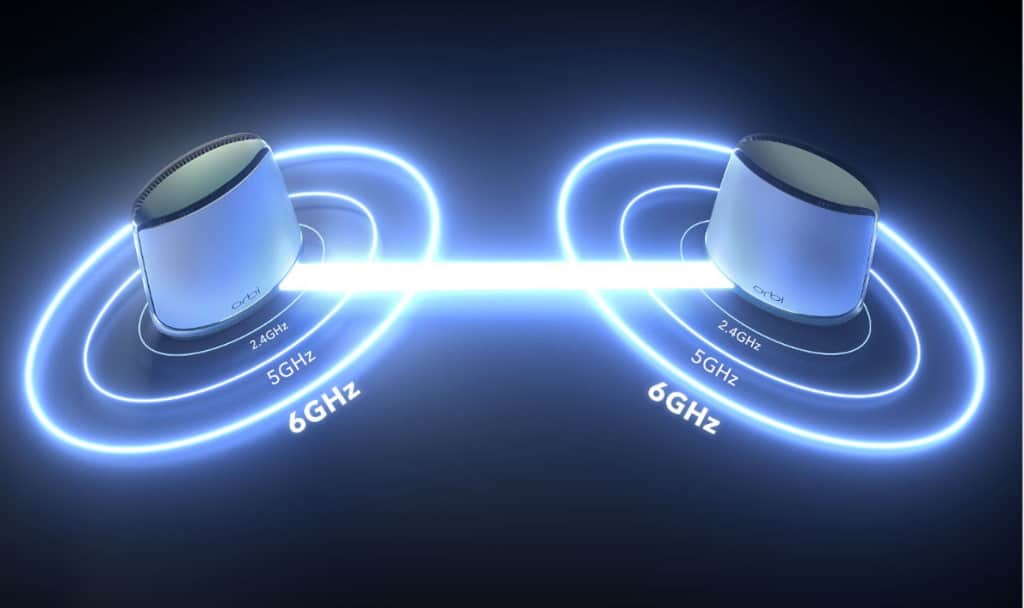PAT PILCHER reaches boiling point while ‘on hold’ and hatches a simple strategic plan for better service.

Yesterday was not a good day. The unthinkable happened. I awoke to find there was no internet connectivity at home. You’d be forgiven for thinking, “big fat hairy deal”, and moving on to the next piece of salacious news. Many would see a morning devoid of email, Facebook and Twitter as being a good thing, but in my household, things are a little more complicated.
With 79 devices connected to the interwebs, everything from security, music, lighting and keeping my increasingly chaotic life organised (yes, even vacuuming) needs internet access if it is to work correctly.

This isn’t a woe-is-me story about being over-reliant on tech – for which I make no apologies – but one of short-sighted greed by my now ex-ISP, and how you can choose an ISP that hasn’t skimped on tech support.
After realising that fiddling about with my router and modem were making absolutely no difference to the internet drought at ‘Cassa Pilch’, I bit the bullet and called my ISP’s helpdesk. Holding my breath, I dialled and hoped for the best. My call was picked up within seconds – by an automated interactive phone menu system. Groan.

I then found myself immersed in phone keypad menu hell. “Press 1 for sales”. Hold on, I thought I’d dialled the helpdesk? “Press 2 for support if you have a mobile” (Nope!), 3 if you have a cat whose name is fluffy and you like slow walks on moonlit beaches (nada!), 4 if you forgot the first three options and on and on and on and on… All I wanted was to speak to a human being who could help me get back online!
After several months and many phone key menu options later, I found the right phone menu choice and pressed the corresponding keys. Then the long, loooooooong wait began. One of the neat things about calling a helpdesk using a smartphone is that you get a call timer that can helpfully tell you how long you’ve been on the call. A full 37 minutes later (the helpdesk was thankfully an 0800 number), my call was answered by someone with a fictitious western name (Tom, Dick or Harry, I don’t remember and really didn’t care) and an almost undecipherable accent. The phone line also sounded like the pan of a urinal in a particularly busy pub during happy hour.
“My call was answered by someone with a fictitious western name and an almost undecipherable accent”
I fed the helpdesk person my customer details and tech issue several dozen times, as his grasp of Kiwi English and the hail-storm-like phoneline static meant that communications were at best difficult. Adding to my existing misery, he didn’t have a clue what the broadband product was that I’d bought from his company. As tempted as I was to hang up while uttering, “for fuck’s sake!”, I didn’t.
Having to wade through the phone menu swamp of misery to endure helpdesk limbo for yet another 40 minutes just didn’t appeal. I needed the internet and was clearly going to suffer through helpdesk hell to get it back.

After a further 10 minutes listening to terrible hold music (is there any such thing as good hold music?) and being told my call matters (yeah right!), my total call time was now 47 minutes and counting. I was finally connected to a super-friendly and knowledgeable person from my ISP’s New Zealand support team. I could understand what she said, and she could understand me. The phone line was not too shabby either. Most importantly of all, she knew what my broadband product was.
After a few minutes of helpful instructions, it was determined that it wasn’t my ISP’s network that was at fault, but my router that had for some reason decided to screw the pooch. I said thanks and hung up, pondering just what to do next.
While resetting the router and re-entering my ISP’s network details into its admin console, I felt pretty disappointed. The hellish hour I’d spent connected to my ISP’s so-called helpdesk had convinced me that while the priority for my ISP was making a buck (which is fair enough, they are a business after all) their mean-spirited approach to helpdesk cost-cutting was a clear indication that they didn’t give a shit about me as a customer. To save a few bucks, they’d outsourced their helpdesk to somewhere exotic and cheap and were clearly paying peanuts to a small but highly untrained team who didn’t have a clue about anything (except how to craft a cool yet generic western sounding name).
“Their mean-spirited approach to helpdesk cost-cutting was a clear indication that they didn’t give a shit about me”
Beyond petty penny pinching, their support was broken. Why have a sales line and helpdesk on the same phone number? Why subject stressed out callers to an endless plethora of phone menu options they don’t need? Most importantly of all, Nana Mouskouri as hold music? That’s just sick (unless you are sifting through Gary Steel’s LP collection that is). [Hey, watch it! You Rolf Harris fanatic, you! – Gazza Steel]
If this was a small internet service provider with limited funds, my shambolic “help desk” experience would at least be understandable, but the reality was that my now ex-ISP is one of New Zealand’s largest telecommunications providers. There really was no excuse beyond rampant greed and cost-cutting.
So I dumped them.
In addition to resolving my technical issue with the router, I did some research. I found an ISP who operates a local help desk and who offers a competitively priced unlimited gigabit fibre broadband plan. I didn’t hesitate, I signed up and dumped my old ISP whose help desk hell I never need experience again.

The parable of this brief tale is this: There are plenty of ISPs out there, and this choice means ISPs who cut corners and costs to wring a few more bucks out of customers are unlikely to survive for very long. If enough of us vote with our feet, these greedy bastards will soon be a thing of the past. We will all be so much the better for it.
Choosing An ISP
It’s easy to be boggled by confusing and shiny marketing speak when shopping for an ISP, but here are a few tricks to help you choose a winner (and avoid a lemon).
- Dollars and sense: First things first, look at the price. If you are comparing unlimited broadband plans the good news is that all you need do is compare dollar amounts with data speeds. When looking at broadband plans with a data allowance, divide the price by the data allowance to get a dollar per unit of data amount and use this to compare prices for plans with data allowances between ISPs.
- Sweeties: Next look at what sweeteners are on offer. Some ISPs are offering bundled video or music streaming services, others provide rebates and so on. Choose the sweetener that best applies to you and use it to eliminate those ISPs who don’t offer what you want.
- Legalese: The next consideration is the small print. Does the plan have a term commitment – if so, what is the early termination penalty? Are there any additional hidden costs like delivery fees for routers? The small print is, funnily enough, usually in a small font and written in an impenetrable form of legalese that is more often than not hidden behind a pile of links. Take some time and go through this legalese and if need be, take notes. It can be the difference between a good broadband plan and a real stinker.
- Sticky messes: ISPs love to offer you their free email – it’s a way of keeping you tied to their offering – avoid this by using Gmail, Outlook or other free email services. If possible, avoid a term commitment as this could see you tied to your ISP even if prices go up. Being term free also gives you the flexibility to exit from your ISP when you want with no penalties.
- Support: Last but no means least, check the support capabilities of any ISP you’re considering. Do they have a New Zealand-based help desk? Do they have a good reputation for support? Don’t listen to the ISP’s hype-laden marketing blurb – it is probably bullshit flavoured anyway. Spend some Google time investigating and ask friends for recommendations.











